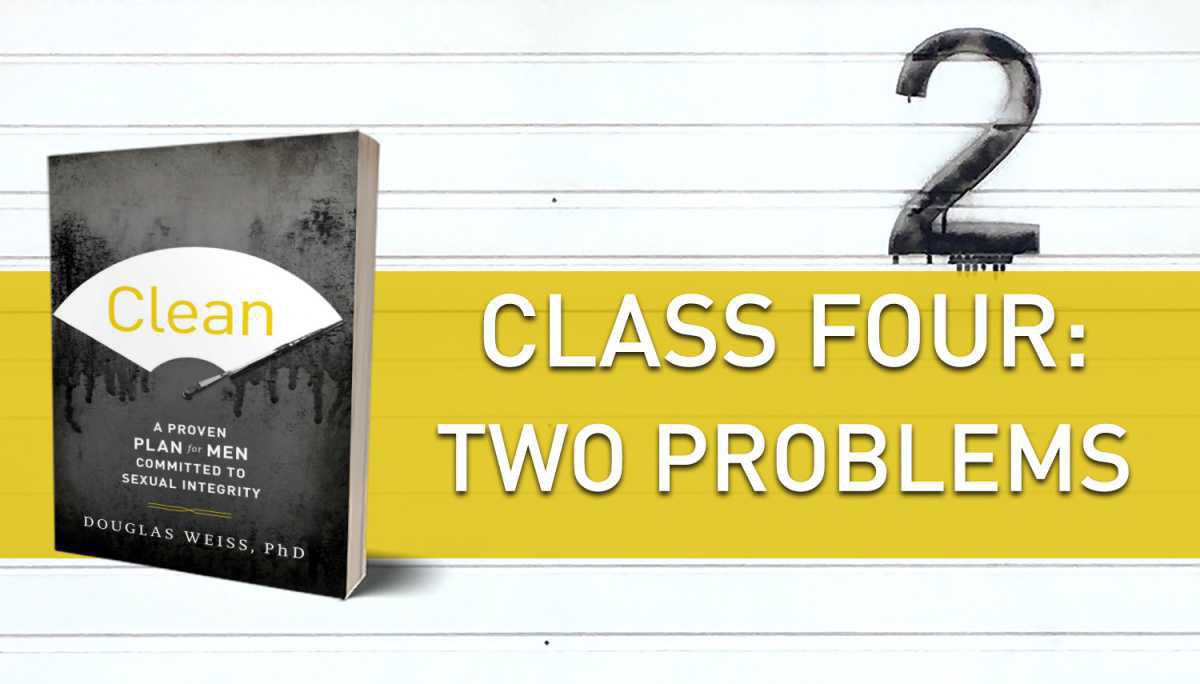Dr. Doug Weiss, professional psychologist and president of AASAT, discusses in this 4th Session of our Clean Class the two ways Christians approach the problem of being clean or not and the two sided problem that can occur if we are not clean.
1 John 1:9 states that when we confess our sins to God, he will forgive us. However, the problem is that a lot of times Christians when confess their sins, they do it just between them and God, neglecting those they have relationships with and the rest of the people in their lives.
Forgiven yes, but you aren't healed from the impact of your sin. Prayed about it but you're not getting better. Why is that? Jesus can heal, but He has also given that power to the Body of Christ. He wants to heal through us and through each other.
James 5:16 states that if we confess our sins to each other as we pray for one another, we will be healed and our prayers will be effective. It's a deal deal to confess your faults. Confession is not a strong suit a lot in the church, moreso people just cover the issue up.
It is important and often necessary to have someone to be accountable for when you sin.
The way we live in our community affects our prayer life, the way we connect with God, the clarity of what we ask Him, and how we worship Him. The closer we get to God, the more He will approach the secrets we hold onto and tell us that we have to deal with them.
Because of this lack of confession among our Christian brethren, we feel the reverse of James 5:16, no healing and unanswered prayers. Can't break free by only seeking and aiming for forgiveness alone. When we confess our sins to one another, miracles happen and you start getting free.
As the rest of this session goes deeper on these issues and clarifies them, one can see the importance of being forgiven and getting healing through confession. It can be painful, but be committed to do so, to have someone hold you accountable for your lifestyle. You can have a clean life, but not by making up the rules of engagement.

